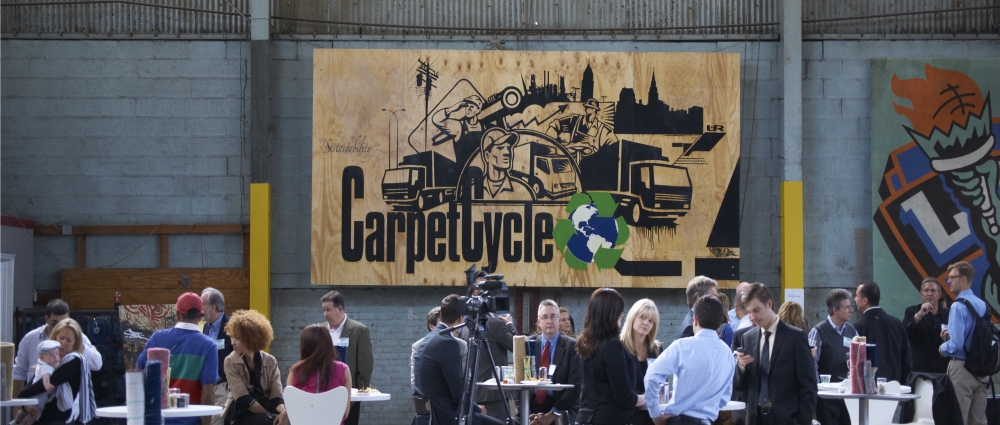News & Stories
Massachusetts bottle bill adds at least $85M to state economy
Overall the Massachusetts market comprises an estimated 2.1 billion containers per year and CRI's report provides a detailed analysis of the redemption sector, which shows a wide-ranging ecosystem of distributors and processors across the state. The report estimates that about 60% of containers sold are aluminum, 25$ are glass and 15% are PET plastic. Because of multiple local processing options at companies such as Strategic Materials crushed glass in particular was worth $20 per ton in 2015.

This argument for gathering cleaner material, as well as the overall job creation and economic effects, comes amid ongoing efforts to repeal bottle bills around the country. Last year, a push was made to replace Massachusetts' bottle bill with a set tax instead. Similar concepts have also been proposed b the beverage container industry in Connecticut and Iowa this year. Opponents of this concept say the tax revenue wouldn't make up for funds lost through a redemption system. Conversely, Oregon recently took the popular step of doubling its redemption rate to 10 cents.
The case has also been made for expanding Massachusetts' bottle bill in various ways over the year to encourage more participation. That result could be helpful for the state's broader waste reduction goals depending on how changes were implemented. The most recent data showed a slight decrease in waste generation for 2015, though environmental groups have criticized these calculation methods and say the state isn't doing enough to hit its 2020 target.
By: Cole Rosengren (Waste Dive)




